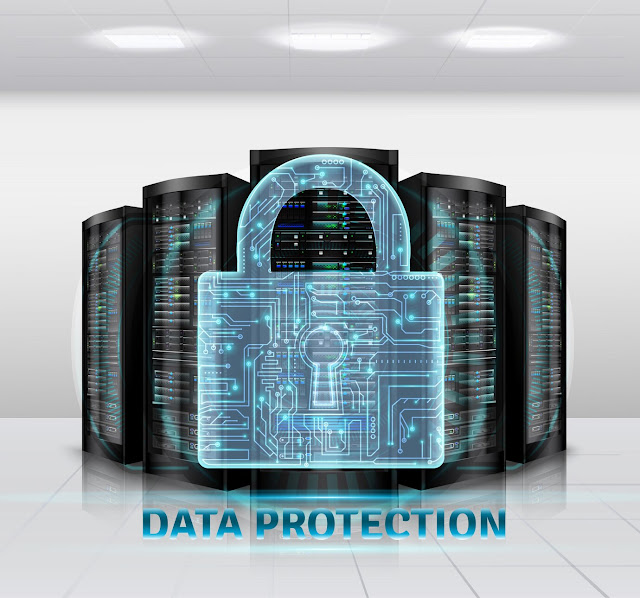The Importance of Performing Background Checks and How They Help with PCI, ISO27001 & SOC2 Compliance
Introduction
If you’re in the business of storing, transmitting or processing credit card information and data, then you may be subject to compliance requirements under PCI DSS (Payment Card Industry Data Security Standard), SOC2 (Service Organization Control 2) and ISO27001. These regulations impose strict standards for the protection of sensitive customer data. The primary goal is to ensure that organizations implement best practices for managing and protecting credit card holder information from risk. While each regulation has its own set of requirements, they both require organizations to perform background checks on employees who interact with customers as part of their core business functions.
Background Checks as Part of a PCI Compliance Program
In order for businesses to comply with PCI standards, they must perform background checks on employees who will be handling sensitive data in order to determine whether they have any previous convictions related to fraud or theft.
Sensitive data include credit/debit card numbers, passwords, PINs, and PII.
This helps make sure that employees aren’t going behind their backs while working at your company or even leaking sensitive data illegally to unsuspecting customers.
Background Checks as Part of a SOC2 Compliance Program
SOC2 compliance is a requirement for many SaaS companies, but the fact that it’s a best practice for all SaaS companies means that it should be a part of any PCI or SOC2 compliance program. As much as you want to get ahead of your competitors by being ahead on security, if you don’t have all of the information available about who has access to your company’s data and systems, then how can anyone else compete with you?
Background Checks as Part of an ISO27001 Compliance Program
When it comes to the ISO27001 standard, performing background checks can be a critical element in ensuring compliance.
The ISO27001 standard requires that organizations have in place a comprehensive process for managing their information security. The standard covers all areas of information security management, including data protection, incident response and management, access control and authorization, system configuration management and development lifecycle management.
While performing background checks is not required by the standard, it’s an important step in ensuring your organization meets its own standards of accountability. Background checks can help you identify any potential issues with your systems or processes. They can also help you identify any staff who may have been involved in misconduct or criminal activity in the past.
What Background Screenings Can Do For You
Background checks are a great way to verify identity, employment history and education. They can help you determine if someone has been convicted of a crime or not. The same goes for professional licenses and driving records. Social media is also an important part of your background check process because it provides insight into a potential hire’s personal life as well as any social media accounts that may have been created under a different name than the one they were given at birth.
Why Does This Matter?
Background checks are an important part of a comprehensive compliance program. Whether you run a small business or work for a Fortune 500 company, having the right people on your team can make all the difference in how successful you are. A background check will help ensure that those people are who they say they are and have no criminal history before they get hired.
Additionally, performing background checks helps avoid liability if someone gets hurt while working at your facility and ensures that everyone can do their job safely and securely.
Finally, performing background checks helps maintain a safe and secure workplace by ensuring that no one has ties to criminal organizations or terrorist organizations (such as ISIS). This alleviates concerns about discrimination when hiring new employees because everyone has equal access to employment opportunities regardless of race/ethnicity/religion etc — which is why many employers choose this option over others like drug testing or other types since there’s no way around getting results from such tests discreetly but not everyone knows what might show up when looking online…
Understanding the importance of background checks can help you achieve and maintain regulatory compliance.
Understanding the importance of background checks can help you achieve and maintain regulatory compliance.
Background checks can prevent fraud, identity theft, and other security risks. They also ensure that your company is fully compliant with regulations such as PCI DSS (Payment Card Industry Data Security Standard) and SOC2 (Security Operations Center 2).
How SmartComplyApp can help you run fast and efficient background checks via VerifyMe API.
SmartComplyApp has integrated Verifyme’s Trusted identity verification for seamless employee onboarding as well as its AI-powered facial recognition technology for e-commerce ID authentication. Our integration ensures a seamless verification process when employees are registered and onboarded on SmartComplyApp. This eliminates the cumbersome process for human resources by making this compliance requirement hassle-free.
Conclusion
The bottom line is that background checks are an essential part of any compliance program. They help you ensure that data security and privacy policies are being followed and can also assist with regulatory compliance because they offer a way to vet new hires by checking their criminal history.
If you’d like to take advantage of SmartComplyApp’s latest integration as well as our other automation features to help you complete your PCI, SOC2, ISO27001, GDPR & NDPR compliance 2x faster and save 70% in compliance costs, visit www.smartcomplyapp.com today to request a demo and try our product out for free!


Comments
Post a Comment